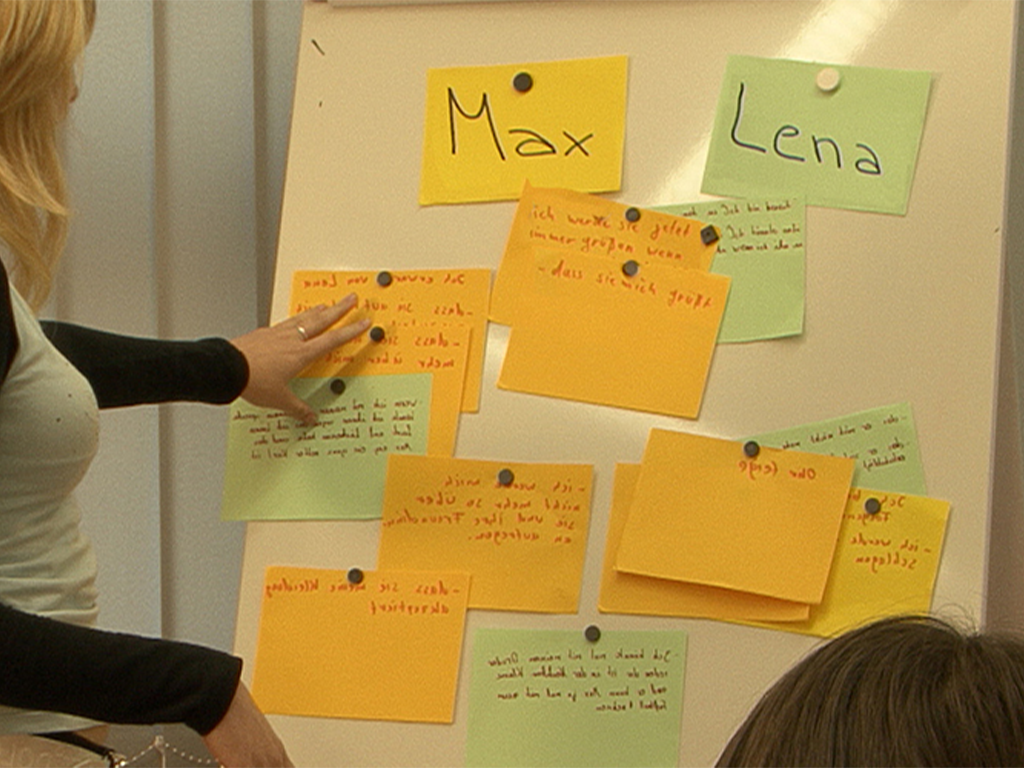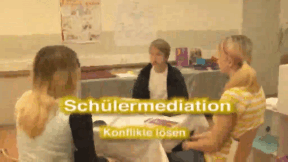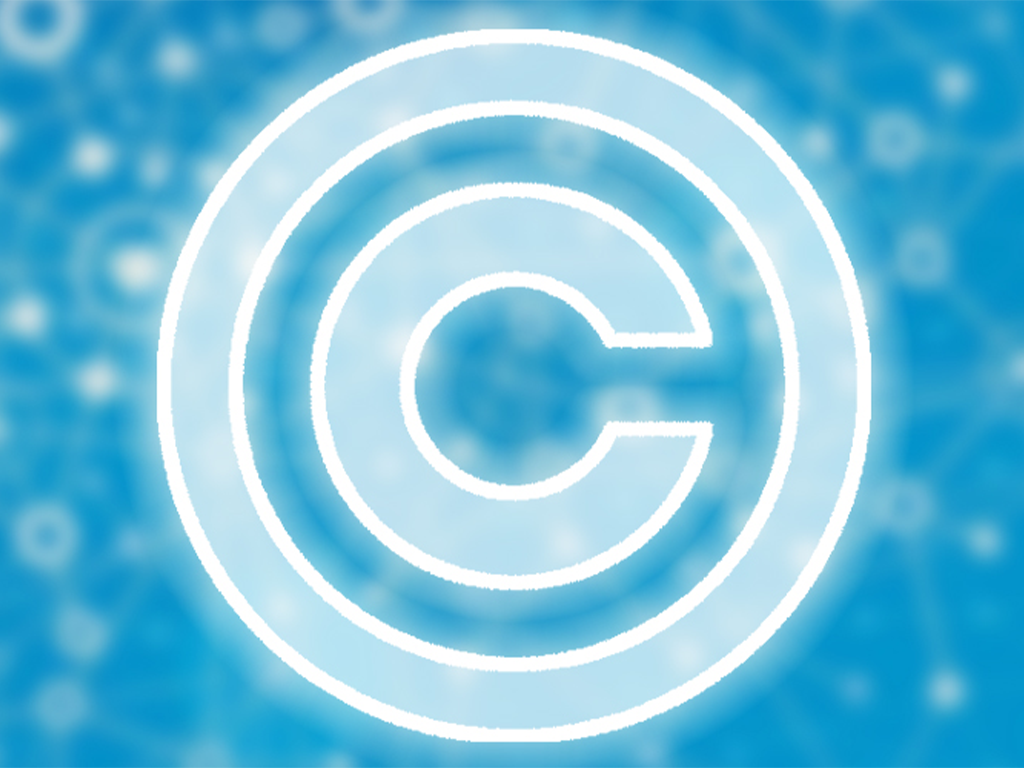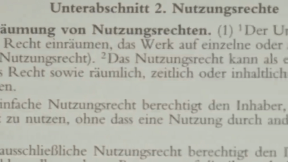 History
History

4667681 / 5558940
Dictatorships in the 20th Century III
Fidel Castro
Today, the Caribbean island state of Cuba is an independent republic. Cuba was first ruled by the Spanish and later by the USA before the island gained its independence under Fidel Castro in the 20th century. He grew up in privileged conditions but already while studying law he engaged in political activity. He fought against the corrupt dictator Batista, who was supported by the USA, and later against the USA itself, and during the “Cold War he is a loyal but dependent ally of the Soviet Union. In 1962, the world is on the brink of an atomic war. As a consequence of the break up of the USSR and the continued embargo by the USA, the island sinks into poverty. Castro remains in power although he encounters more and more resistance in his own country. In 2008, he abdicates due to illness. The didactic DVD “Dictatorships in the 20th Century III – Fidel Castro“ tells the story of the man whose life is inseparably linked to the history of the island of Cuba in the 20th century. Together with the extensive accompanying material the DVD is ideally suited for use in the classroom.
Play trailer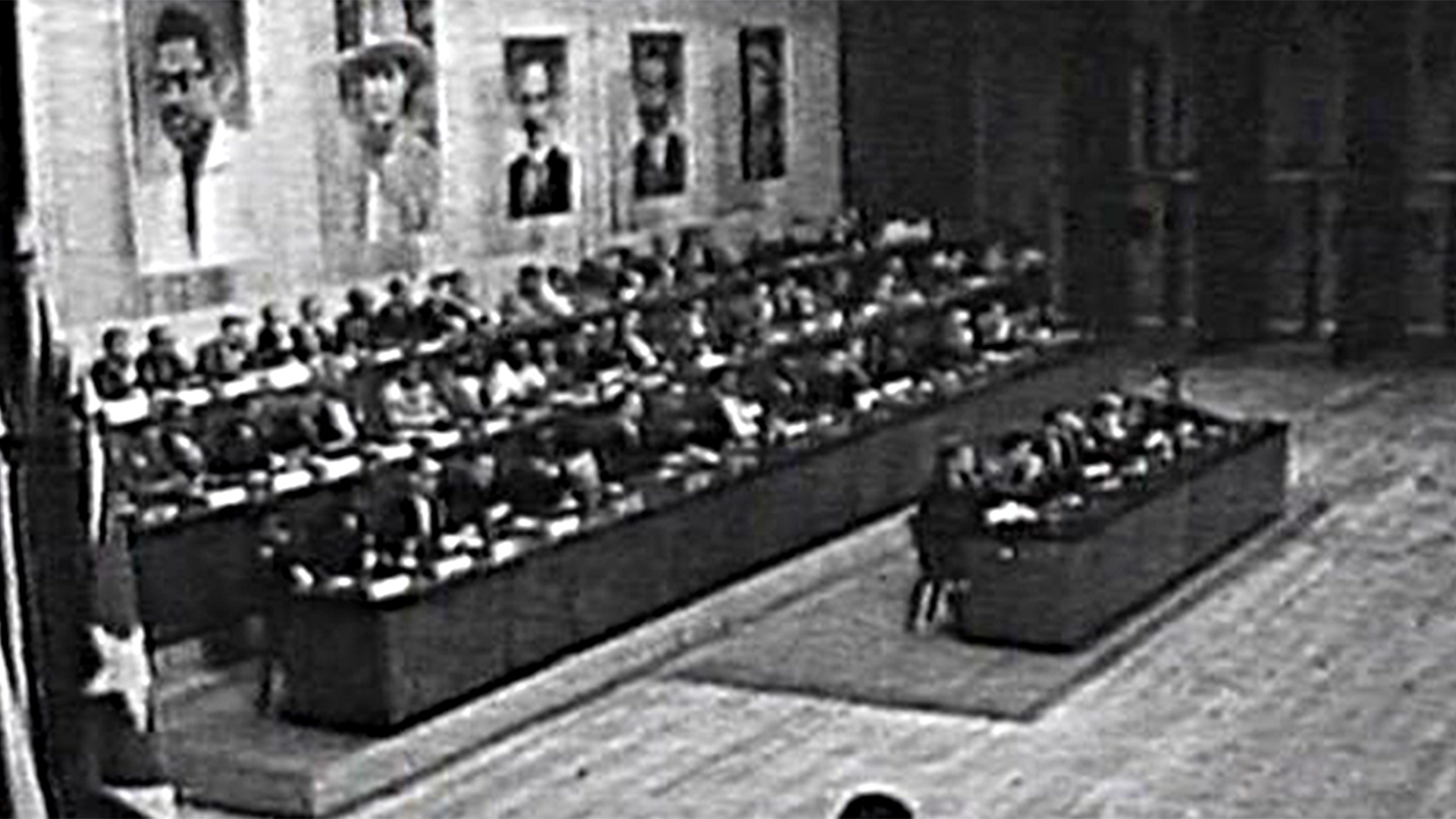
Curriculum-centred and oriented towards educational standards
Matching
Peer Mediation
Lena and Max attend the 7th form. Max is new in class. During a break, Max notices that Lena and her friend are laughing at him again. Max loses his temper! He slaps Lena in the face. That hurts and Lena runs back into the classroom with a red cheek. The growing conflict between the two has escalated. Just like Lena and Max, every day pupils all over Germany have rows with each other. At the Heinrich Hertz Gymnasium in Thuringia, pupils have been trained as mediators for years. At set hours, they are in a room made available by the school specifically for mediation purposes. The film describes the growing conflict between Max and Lena and shows a mediation using their example. In doing so, the terms “conflict” and “peer mediation” are explained in a non-technical way. The aims of peer mediation and its progress in five steps as well as the mediators’ tasks are illustrated. The art of asking questions and “mirroring”, which the mediators must know, is described and explained. Together with the comprehensive accompanying material, the DVD is a suitable medium to introduce peer mediation at your school, too.
Copyright
Copyright is subject to constant change to keep up with technological advances. This film enables the viewer to grasp the basic principles of this extremely intricate matter. By way of introduction, the film defines what an author is, what kinds of works there are and how long a work is protected on principle. Then the fundamental rights of an author are cited and it is shown how these are exploited in our times. In the third chapter, the respective rights are illustrated by way of practice-oriented examples of books, photos, music and films. Here, of course, an emphasis is laid on the field of education, taking into account the latest case law within the EU and Austria in particular. A further chapter highlights the problems arising with the Internet and goes into the citation law and pirate copies. All in all, in this way the viewer is made familiar with the most important basic terms and their meanings. Comprehensive worksheets and additional accompanying material invite us to deepen our knowledge of the subject.




